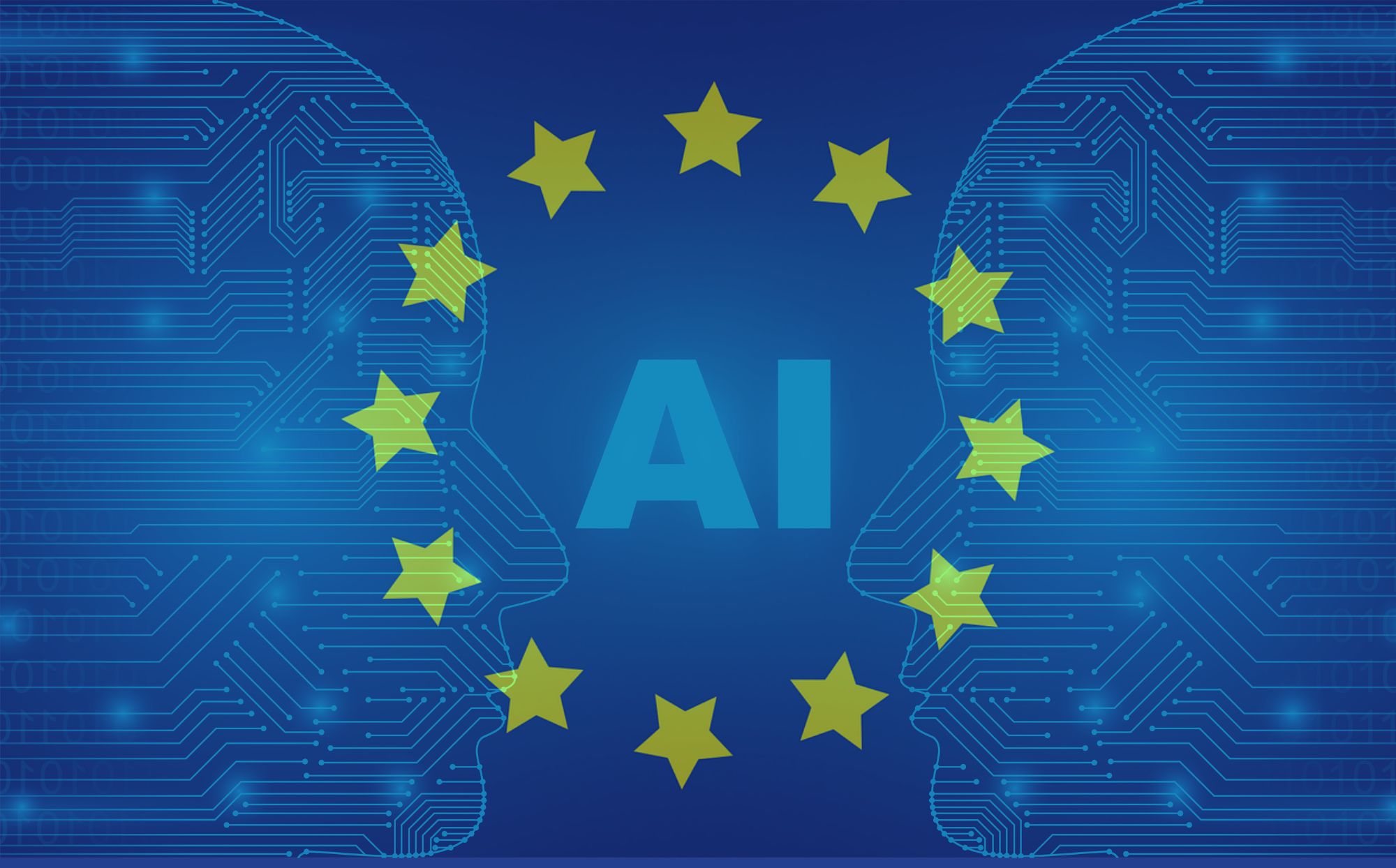EU AI Act: Pioneering AI Regulation

European Union policymakers reached a provisional agreement on Friday regarding the groundbreaking EU AI Act on artificial intelligence (AI). The deal encompasses the use of AI by governments in biometric surveillance and the regulation of systems like ChatGPT.
Various stakeholders have shared their reactions to this development EU AI Act:

1. Svenja Hahn, German MEP, and Shadow Rapporteur for the European AI Act (Renew Europe group):
In three days of negotiations spanning 38 hours, efforts were made to prevent excessive AI regulation, especially in innovation, and uphold rule-of-law principles in AI use in law enforcement. While a complete ban on real-time biometric identification was not achieved, measures were taken to prevent biometric mass surveillance.
2. Fritz-Ulli Pieper, IT Law Specialist at Taylor Wessing:
The technical trilogue is yet to finalize many points, and the devil lies in the details of the eventual text. Amendments were made in various areas, such as narrowing the scope of GenAI models and introducing exceptions for open source, albeit with transparency and copyright obligations.
3. Matteo Quarttrocchi, Director of EMEA Policy at BSA (representing tech companies):
Technical details will be crucial for the development and deployment of AI in the EU AI Act. Establishing a balanced legislative framework that promotes responsible technology and protects citizens’ rights is paramount for fostering AI uptake in Europe.
4. Alexandra van Huffelen, Dutch Minister of Digitalisation:
The European outline agreement is lauded for fairly distributing opportunities and risks associated with AI. Vigilance is emphasized in navigating the opportunities and risks in AI use and rule enforcement.
5. Daniel Friedlaender, Head of the European Office of the Computer and Communications Industry Association:
The political deal signifies the beginning of essential technical work on the EU AI Act, with the need for careful consideration of details. Concerns are raised that speed may have been prioritized over quality, potentially impacting the European economy beyond the AI sector.
6. Kim van Sparrentak, Dutch MEP:
Europe is carving its own path, avoiding the surveillance state approach seen in China. Despite battles with EU countries, restrictions on the use of certain AI systems were achieved to preserve privacy in a free and democratic society.
7. Daniel Leufer, Senior Policy Analyst at Access Now (digital rights advocacy group):
While victories were acknowledged, flaws remain in the final text, including loopholes for law enforcement and gaps in bans on dangerous AI systems. Concerns persist regarding protection in migration contexts and opt-outs for developers.
8. Daniel Castro, Vice President of ITIF:
Criticizing the legislation’s rapid pace, it is suggested that EU AI Act lawmakers should have paused to better understand AI before regulation. The focus should be on winning the innovation race, considering the potential unintended consequences of hasty legislation.
9. Enza Iannopollo, Analyst at Forrester:
Despite criticism, the agreement is seen as positive for businesses and society, providing a framework for risk assessment and mitigation in AI use, benefiting both customers and companies.
10. Steffi Lemke, German Minister for Environment, Nature Conservation, Nuclear Safety, and Consumer Protection:
Emphasizing consumer protection, the European AI Regulation aims to ensure the transparency, comprehensibility, and verifiability of AI systems. Strengthening consumer rights and enabling legal action by consumer associations in case of infringements are key aspects of the regulation.
Read More (AI)








